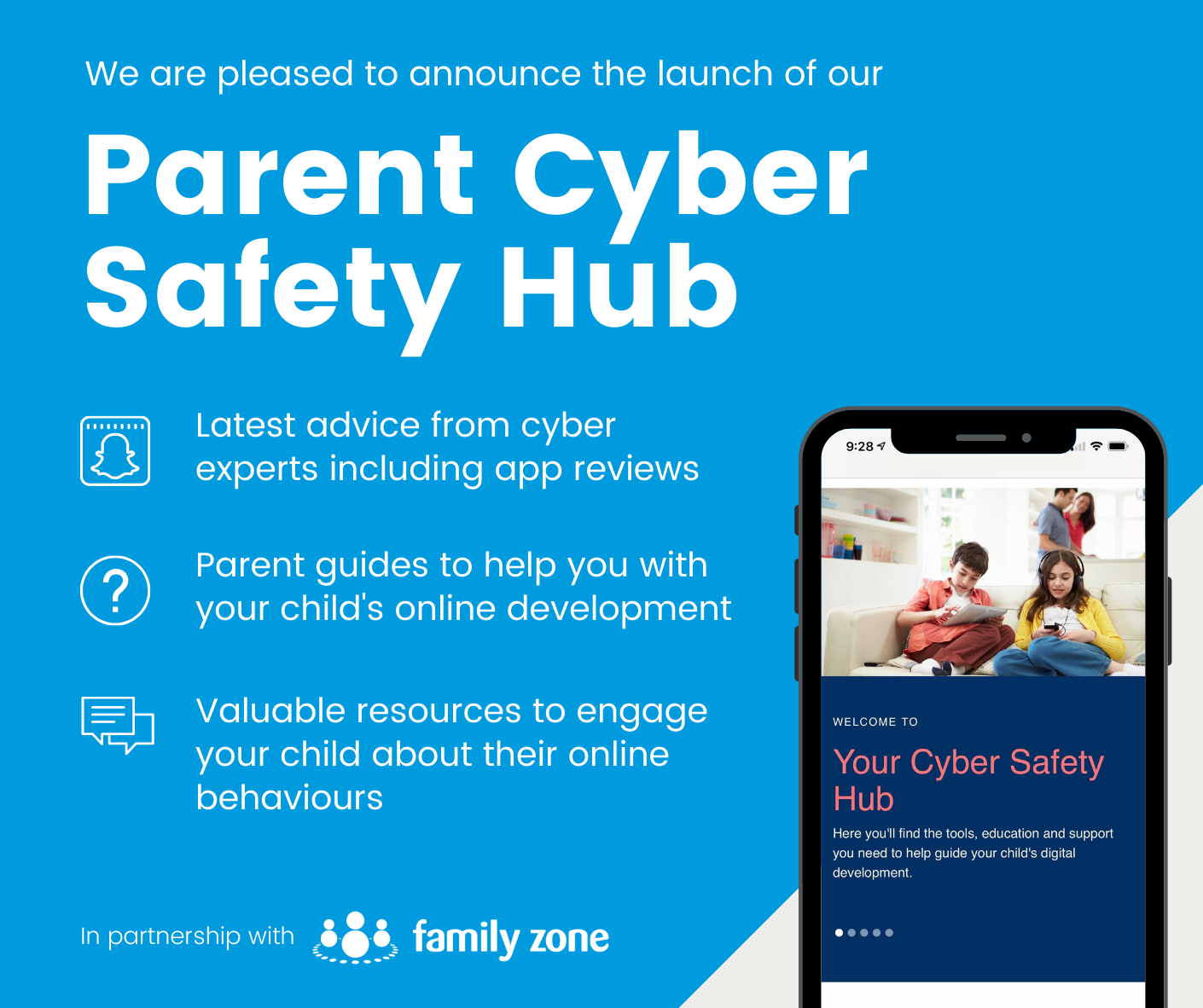Cyber Safety

Press the reset button on your kid’s online routine
COVID blew up our teens’ screen-time. It’s time to get them back on track.
In the wake of the COVID pandemic, our children are facing a “generation-defining disruption” - and stratospheric increases in screen-time are significantly to blame, say experts. Now the question is, how do we press the reset button?
A wide-ranging review conducted by the Murdoch Children’s Research Institute found the combination of online learning, stay-at-home orders, and restricted outdoor activity has had serious repercussions for young people’s health and wellbeing, as they’ve grown accustomed to spending more of their lives online than off.
It’s no wonder 36% of Australian parents believe the pandemic has negatively impacted their child’s mental health, according to a Royal Children’s hospital poll.
The COVID Effect on kids’ online routines
Early in the pandemic, teens’ screen-time zoomed to an average of 7.5 hours a day. But as restrictions have eased, those new habits are proving stubbornly resistant to change.
Overall, studies show that children’s screen-time has doubled over the course of the pandemic, with steady month-by-month increases referred to as “The Covid Effect.”
And as screen-time has skyrocketed, so too have the online risks for our children. Cyberbullying, image-based abuse, and illegal and violent content, including child abuse material, have all increased dramatically in the past two years, according to research by the eSafety Commissioner.
At the start of the outbreak, many parents relaxed restrictions on device use as a way to keep their children entertained and engaged - and to get their own remote work done. Now, they’re discovering how difficult it is to turn back the tide.
Children paying the price
The result has been a boon to tech companies - “This has been a gift to them — we’ve given them a captive audience: our children,” says Dr Dimitri Christakis, director of the Center for Child Health, Behavior and Development at Seattle Children’s Research Institute.
But it is our children who will be paying the price, says Dr Christakis - in the form of anxiety, depression, obesity, aggression and addictive behaviours.
As students transition from remote learning to the classroom, back-to-school anxiety has been a prevalent - and predictable - result for many. At the extreme end of the spectrum, teens may experience separation anxiety, depression and/or panic disorder, refusing to attend school altogether.
Warning signs
Parents need to be alert to the red flags that can signal distress and dysregulation around online routines. For example, when young people
- Plead for “just one more day” at home with their screens on Monday morning
- Complain about non-specific issues with classmates or teachers.
- Report feeling unwell and frequently visit the sickbay.
- Play online games or use social media compulsively when the school day ends.
All of these are signs that parents need to step in quickly, before missed schoolwork and social connections snowball.
Creating healthy online routines
But how? If your teen’s tech use is out of control, how can you rein it in - and do it in a way that’s sensible, respectful and effective?
Creating healthy digital routines for our children in a post-COVID world is possible.
Read more about how to manage screen time. Or dive right in and start setting healthy online routines for your children with Family Zone.
Reference: https://www.familyzone.com/anz/families/blog/press-the-re-set-button-on-your-kids-online-routine
Cyber Safety Hub
We are delighted to introduce you to a new resource made available to you through our partnership with Family Zone - our new school Cyber Safety Hub.
As you may already be aware, our partnership provides your family with access to the Family Zone tools to use at home with your children if you wish. The purpose of the Cyber Safety Hub is to complement those tools with practical guidance and information to further support you in engaging with your children in their digital development. These tools and resources also allow the school and parent body to work together on creating a holistic approach to guiding each student's online journey.
About the Parent Cyber Safety Hub
The Cyber Safety Hub includes resources to help your family better understand the different Family Zone tools available to you and how to use them, plus access to regular cyber safety events to help you stay informed about the latest digital trends.
Also, the Cyber Safety Hub provides expert advice from leading cyber experts, ySafe, on the most pertinent issues and frequently asked questions around platforms like TikTok, Fortnite, Instagram, and more. There are app reviews with age and safety recommendations, along with a range of guides to help ensure healthy boundaries around screen-time & gaming, plus step-by-step instructions for using parental controls and filtering out inappropriate content.
We are very excited to be able to offer you this level of expertise and support. We look forward to working closely with you as we develop the cyber safety conversation within our school community.


